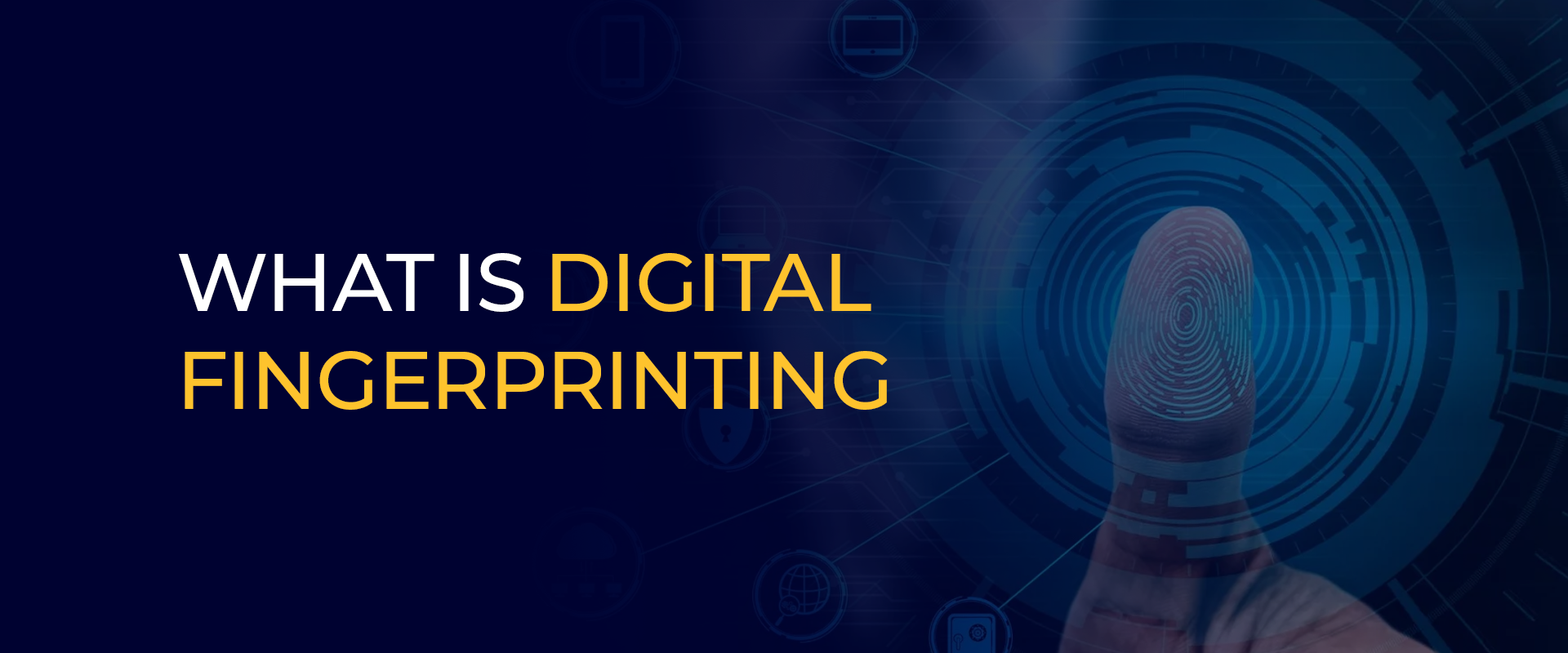Get
93% Off!
on Lifetime Exclusive Deal
Don’t Miss out this deal, it comes with Password Manager Free of cost.
Get 93% off on FastestVPN and avail FastestPass Password Manager FREE
Get This Deal Now!By Nick Anderson No Comments 4 minutes
Every time you hop online, your device spills clues about you. Your browser, screen size, and even how your device draws images get stitched together into a digital fingerprinting profile. It’s an easy way for websites, advertisers, or even hackers to figure out who you are, no matter how hard you try to stay off the radar. Unlike cookies, which you can avoid, IP addresses can be masked with tools like FastestVPN. However, digital fingerprinting grabs details that are tough to shake.

Note: FastestVPN is a strong ally against digital fingerprinting by hiding your IP and encrypting your traffic, so trackers miss out on key details. Its no-logs policy keeps your browsing private, and its fast servers mean you don’t have to deal with lag. Unlike free VPNs that might sell your data, FastestVPN keeps your data locked down.
Digital fingerprinting is like a shadow that follows you online. It’s made from details about your device and browser, including your operating system, screen resolution, fonts, or even how your graphics card paints a webpage. You can’t simply delete this like cookies or hide it like an IP address.
Research shows that 99% of browsers on big sites have one-of-a-kind fingerprints, making this an effective way to track you. It’s tricky because it doesn’t care if you clear your history or go incognito. It’s built on the unique quirks of your setup, which stay pretty consistent no matter what you do.
You can’t completely kill digital fingerprinting, but you can make it harder for trackers to nail you down. Here’s how to fight back:
FastestVPN shields your IP address, a core part of digital fingerprinting, by encrypting your connection and routing it through secure servers. Unlike those dodgy free VPNs that track your every move, FastestVPN keeps no logs, so your browsing stays your business. I’ve used it to stream shows while traveling, and it’s a solid way to mess with trackers, though it’s not foolproof.
Browsers like Brave or Firefox are built to block trackers. They stop scripts from grabbing your device’s details, making your fingerprint less distinct. It’s like throwing on a hoodie to blend into a crowd.
A lot of digital fingerprinting relies on JavaScript. Turn it off in your browser, and you block access to things like your fonts or canvas data. Heads-up: This can mess up some sites, so you need to toggle it.
Cookies aren’t fingerprints, but wiping them and your cache regularly screws with trackers trying to follow you. Extensions like Cookie AutoDelete can handle this for you.
Fancy browser settings or unique add-ons make your fingerprint stand out. Stick to default settings on a common browser like Chrome or Firefox to look like everyone else.
See how exposed you are to tools like AmIUnique.com or the EFF’s Cover Your Tracks. They show what data websites are grabbing and help you tweak your setup to stay less visible.
FastestVPN is a strong ally against digital fingerprinting. It hides your IP and encrypts your traffic, so trackers miss out on key details. Its no-logs policy keeps your browsing private, and its fast servers mean you don’t have to deal with lag. Unlike free VPNs that might sell you out, FastestVPN keeps your data locked down, making it a solid choice for staying under the radar.
Cookies are those annoying little files websites dump on your device to keep tabs on you. You can nuke them anytime. Fingerprinting? That’s next-level. It uses stuff like your screen size or what browser you’re running to ID you. No, deleting that; it’s just who your device is. It’s not illegal, but it’s shady as hell. Laws like GDPR say trackers gotta ask for your permission, and fingerprinting usually just flips that off, which pisses off anyone who cares about privacy. Check out tools like AmIUnique.com or Cover Your Tracks. They’ll show you how much of a snowflake your browser is and what kind of data those sites are snatching. Brave and Firefox have your back with anti-fingerprinting tricks. They shut down scripts trying to snoop on your device’s details, making it a pain for trackers to keep up.What’s the deal with digital fingerprinting vs. cookies?
Is fingerprinting against the law?
How do I know if a site’s fingerprinting me?
Any browsers that block this crap?
Digital fingerprinting is awesome for catching crooks, but man, it’s a total invasion of your privacy. It’s like trackers are stalking you everywhere online, and it’s tough to shake them off. You can fight back, though—grab a solid VPN like FastestVPN, use browsers that give a damn about your privacy, and keep your setup basic to make it harder for those creeps to figure out who you are. Stay woke, cover your ass, and take charge of your online life.
Take Control of Your Privacy Today! Unblock websites, access streaming platforms, and bypass ISP monitoring.
Get FastestVPN
© Copyright 2026 Fastest VPN - All Rights Reserved.
Don’t Miss out this deal, it comes with Password Manager Free of cost.